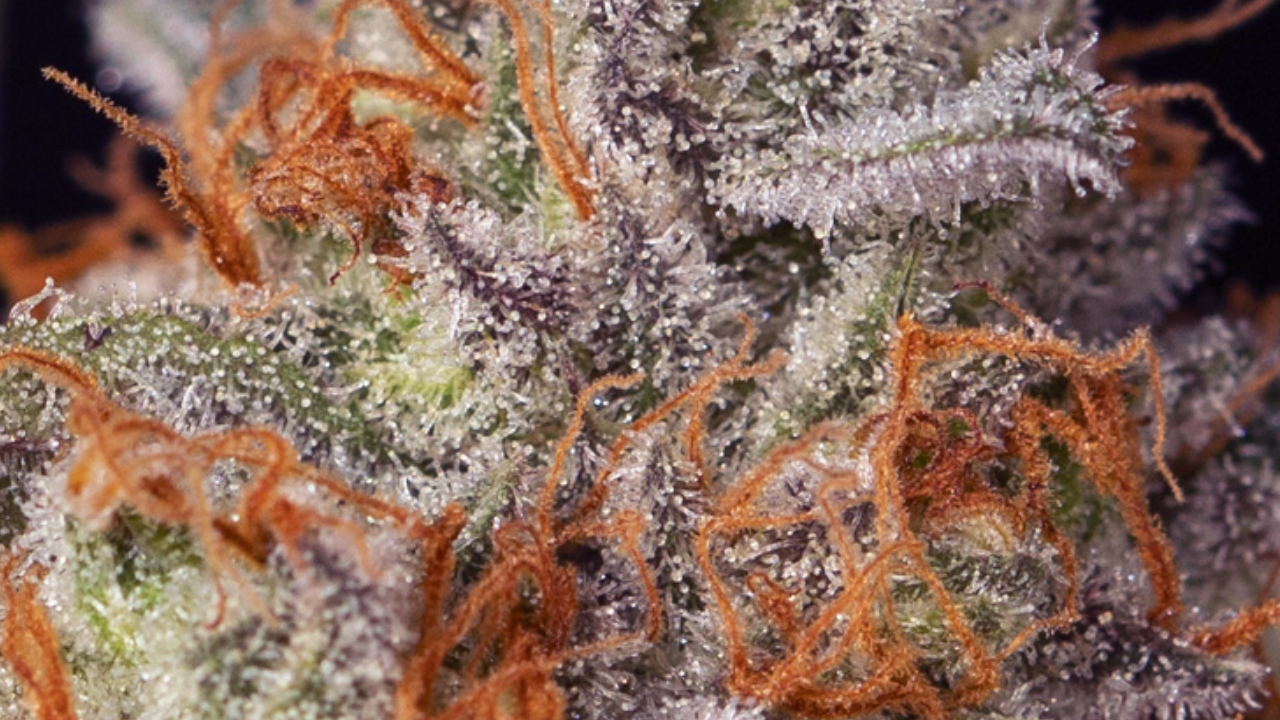Cannabis in the Kitchen: Exploring the Nutritional Power of Hemp-Based Foods
Cannabis is often associated with recreational and medicinal use, but an entirely different side of the plant is gaining traction in the world of health and nutrition: hemp-based food products. Unlike marijuana, which contains high levels of THC (the psychoactive compound), hemp refers to varieties of Cannabis sativa bred specifically for industrial use and low THC content. What hemp lacks in intoxication, it more than makes up for in nutritional value, sustainability, and versatility.
Hemp is a nutritional powerhouse, and its seeds, oils, and extracts are being turned into a wide array of functional food products. From hemp protein powders to hemp milk, hemp seed oil, and snack bars, these cannabis-derived foods are becoming staples in health-conscious households and plant-based diets.
Hemp Seeds: The Nutrient-Dense Foundation
At the heart of most hemp food products are hemp seeds—also called hemp hearts once their shells are removed. These tiny seeds are rich in essential nutrients:
- Complete protein: Hemp seeds contain all nine essential amino acids, making them one of the few plant-based complete protein sources.
- Healthy fats: High in omega-3 and omega-6 fatty acids, particularly gamma-linolenic acid (GLA), which supports heart and brain health.
- Minerals: A rich source of magnesium, iron, zinc, and phosphorus.
- Fiber: Whole hemp seeds (with shells) are an excellent source of dietary fiber.
Hemp seeds can be sprinkled on salads, blended into smoothies, mixed into oatmeal, or eaten straight from the bag. Their mild, nutty flavor makes them a versatile addition to both sweet and savory dishes.
Hemp Protein Powder
For athletes, vegans, and anyone looking to increase their protein intake, hemp protein powder offers a clean, digestible, plant-based option. Made by cold-pressing hemp seeds to remove the oil and then grinding the remaining meal into a fine powder, hemp protein is:
- Rich in edestin and albumin, two highly digestible proteins.
- Free from common allergens like soy, dairy, and gluten.
- High in fiber and healthy fats, unlike more processed protein powders.
It may not have the highest protein concentration per scoop compared to whey or pea protein, but it offers a more balanced nutritional profile, including essential fatty acids and minerals. Hemp protein powder is ideal for shakes, baking, or energy bites.
Hemp Milk
As the demand for dairy alternatives continues to rise, hemp milk has carved out a niche among almond, soy, and oat milks. Made by blending hemp seeds with water and straining the mixture, hemp milk is:
- Naturally free of lactose, gluten, and nuts.
- Rich in omega-3 fatty acids and high-quality protein.
- Often fortified with calcium, vitamin D, and B12.
Its earthy, nutty taste makes it an excellent addition to coffee, cereal, smoothies, and baking. Unlike many commercial plant milks, hemp milk has a minimal environmental footprint and doesn’t require excessive water or pesticides to produce.
Hemp Seed Oil
Pressed from raw hemp seeds, hemp seed oil is cold-pressed and unrefined, preserving its nutrient content and flavor. While it’s not suitable for high-heat cooking due to its low smoke point, it shines in:
- Salad dressings
- Smoothies
- Dips and marinades
- Skin and hair care
Hemp seed oil is particularly known for its ideal ratio of omega-6 to omega-3 fatty acids, which supports cardiovascular health, reduces inflammation, and may even improve skin conditions like eczema.
Other Hemp-Based Food Products
The hemp food market is expanding rapidly, with innovative products appearing on store shelves, including:
- Hemp snack bars and granola mixes
- Hemp pasta made with ground hemp flour
- Hemp butter, a spreadable alternative to peanut or almond butter
- Hemp coffee blends and hemp teas
- Hemp-based meat substitutes, often combined with other plant proteins
These products appeal to eco-conscious consumers looking for sustainable, nutrient-rich alternatives to conventional foods.
Health Benefits of Hemp Foods
Research and anecdotal evidence suggest that incorporating hemp into your diet may offer several benefits:
- Heart health: The essential fatty acids in hemp support healthy cholesterol levels and reduce inflammation.
- Digestive health: High fiber content supports regularity and gut health.
- Muscle repair and growth: Complete protein helps support muscle maintenance and recovery.
- Brain and skin health: Omega-3s are linked to cognitive function and glowing skin.
Unlike THC or CBD products, hemp foods contain only trace amounts of cannabinoids, making them non-psychoactive and safe for all ages.
Sustainable and Eco-Friendly
One of hemp’s greatest advantages is its environmental profile. Hemp is a regenerative crop:
- Grows rapidly (matures in about 100 days)
- Requires minimal pesticides or herbicides
- Improves soil health
- Uses significantly less water than almonds or soy
Choosing hemp foods supports sustainable agriculture and helps reduce the carbon footprint of your diet.
A Superfood for the Future
Hemp is more than just a cannabis cousin—it’s a nutritional superfood with the power to enhance human health and environmental sustainability. From protein-packed powders to creamy non-dairy milk and heart-healthy oils, hemp is quickly becoming a go-to ingredient in modern kitchens.
As awareness grows and more consumers seek plant-based, planet-friendly nutrition, hemp-based foods are poised to take center stage. Whether you’re vegan, fitness-focused, or just curious about natural wellness, hemp offers a flavorful, functional, and future-forward way to nourish your body and the planet.
Sid Prince
Photo credit: https://www.cannabislawnow.com/2024/02/whats-in-your-thc-beverages/


